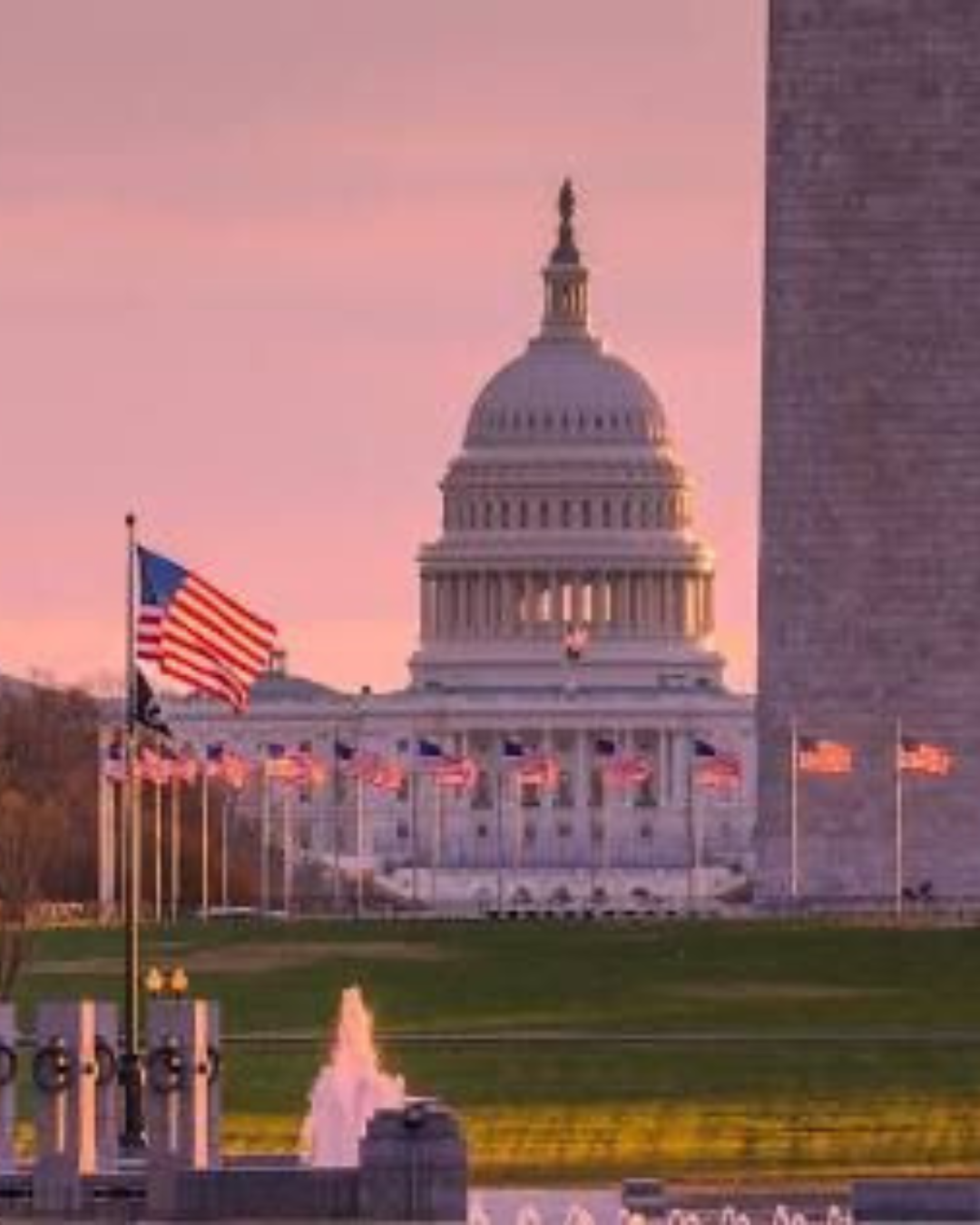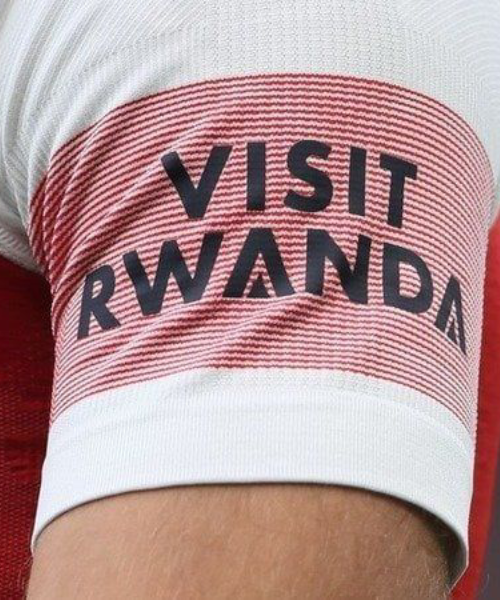Kinshasa, September 2025 — The marble halls of the Palais du Peuple echo with whispers. Once hailed as the architect of political consensus and the bridge between factions, Vital Kamerhe now finds himself at the center of a scandal that threatens to unravel not just his career, but the fragile equilibrium of Congolese politics.
Vital Kamerhe was more than a political operator. As President of the National Assembly and former Chief of Staff to President Félix Tshisekedi, he was the man behind the curtain — the strategist, the negotiator, the fixer. His alliance with Tshisekedi helped consolidate power during turbulent transitions. But power, as always, breeds friction.
Over the past year, Kamerhe’s growing assertiveness in parliamentary affairs began to raise eyebrows. Critics accused him of sidelining dissenting voices, delaying oversight mechanisms, and centralizing decision-making. The tension simmered until it boiled over in September, when a group of national deputies launched a petition to remove him from office.
What was meant to be a democratic exercise of accountability quickly devolved into chaos. The petition, which reportedly gathered 262 signatures — well above the required threshold — is now under scrutiny for serious irregularities:
- A non-deputy, Mulumba Kanyinda, was found among the signatories.
- Titan Kalonji Antoine was listed but never signed.
- Deputy Jerry Mulamba Mande appeared twice, under slightly altered names.
- Most damning: at least 25 signatures were allegedly forged, revealed through a comparison with official identification forms.
These revelations have cast a shadow over the legitimacy of the petition and raised questions about whether Kamerhe is the target of a coordinated smear campaign — or whether his allies are scrambling to cover up a genuine revolt.
In a speech that blended humility with defiance, Kamerhe acknowledged the deputies’ right to challenge him but urged restraint. He apologized to those who felt slighted and called for unity in the face of national challenges. Yet behind the conciliatory tone lay a subtle warning: destabilizing the Assembly could have consequences beyond politics.
Observers are divided. Some see Kamerhe’s apology as a tactical retreat, buying time to rally support. Others interpret it as a genuine attempt to preserve institutional integrity. Either way, the uncertainty surrounding his fate has paralyzed the Assembly and exposed deep fractures within the ruling coalition.
The Temporary Commission is now tasked with verifying the petition’s authenticity. If the irregularities are confirmed, the petition could be nullified — a victory for Kamerhe, but one that may come at the cost of public trust. If the petition proceeds, it could trigger a seismic shift in the balance of power, with ripple effects across Tshisekedi’s administration.
Vital Kamerhe’s story is no longer just about one man’s rise and fall. It’s a mirror reflecting the fragility of Congolese democracy, the volatility of alliances, and the high stakes of political survival.











